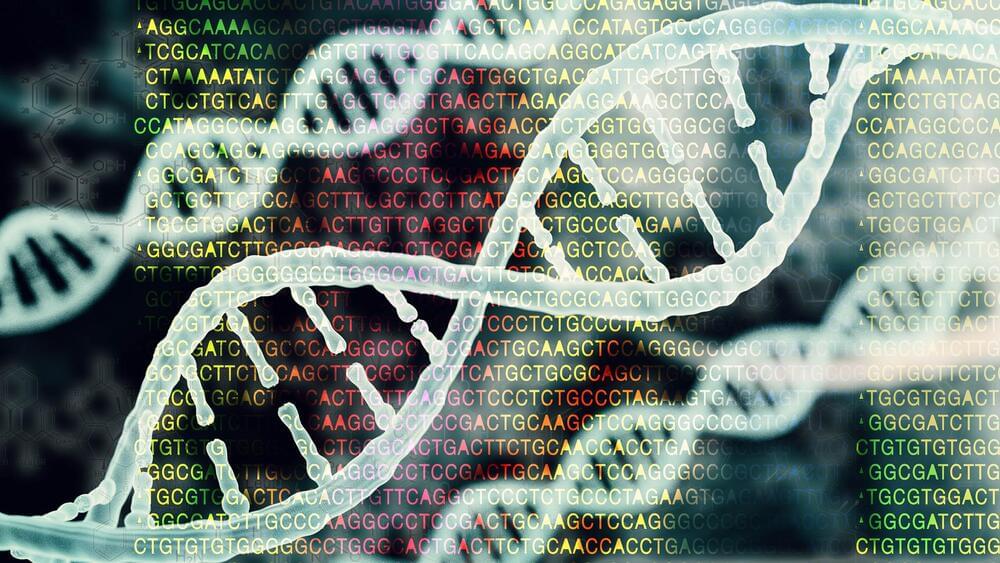DNA is the building block of life, and the genetic alphabet comprises just four letters or nucleotides. These biochemical building blocks comprise all types of DNA, and scientists have long wondered whether creating working artificial DNA would be possible. Now, a breakthrough may finally provide the answer.
The main goal of a new study, the findings of which were published in Nature Communications this month, shows that scientists may finally be able to create new medicines for certain diseases by creating DNA with new nucleotides that can create custom proteins.
Being able to create artificial DNA could open the door for several important uses. Being able to expand the genetic code could very well diversify the “range of molecules we can synthesize in the lab,” the study’s senior author Dong Wang, Ph.D., explained (via Phys.org).
